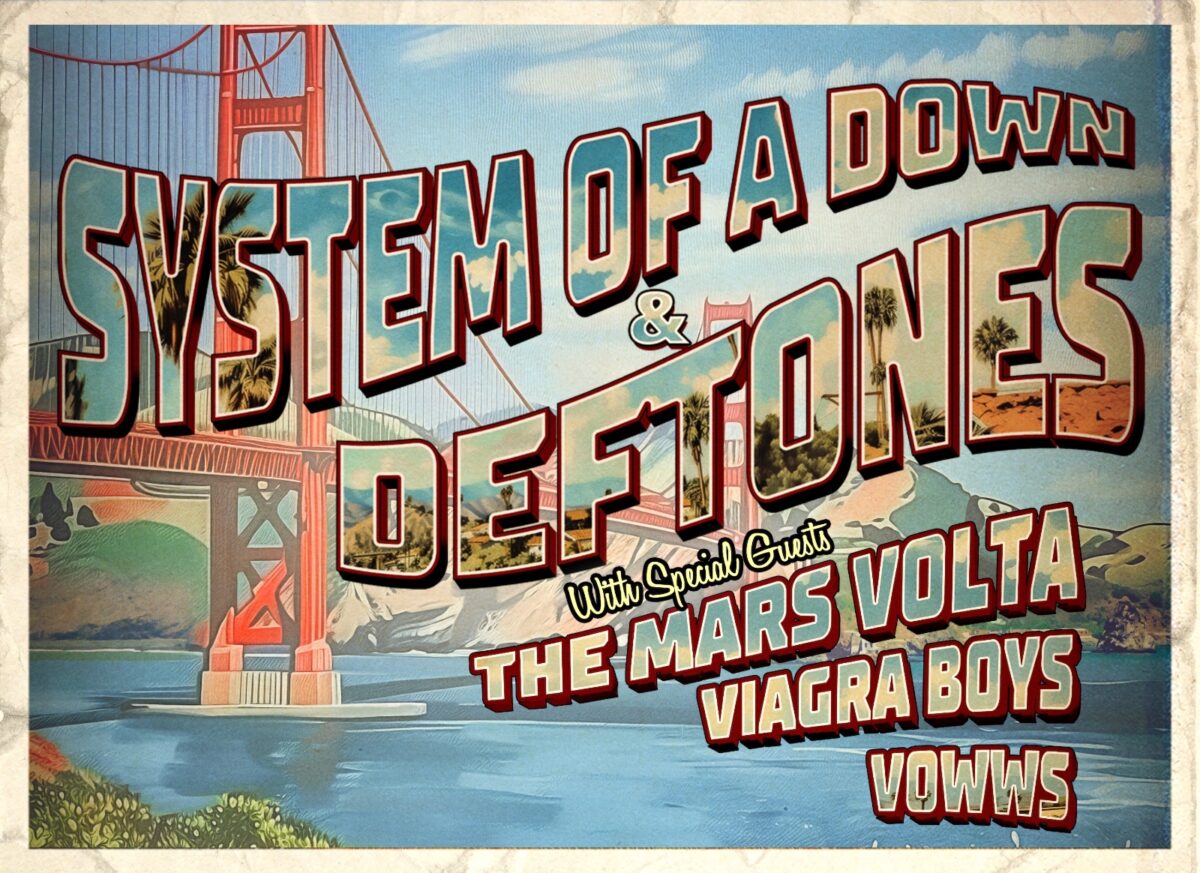Movie Review: The Ides of March
Directed by George Clooney, The Ides of March, an adaptation of Beau Willimon’s 2008 play, “Farragut North,” explores, with varying levels of success, the conflict between idealism and cynicism and the conflict between principle and power through the prism of a fictitious Democratic presidential primary in Ohio.
Thematically obvious, but narratively compelling, The Ides of March falls in line with Clooney’s earlier efforts: slightly challenging, well-crafted, middle-brow entertainment.
The Ides of March centers primarily on Stephen Meyers (Ryan Gosling), a young, up-and-coming political strategist and the No. 2 man on the current governor of Pennsylvania and the frontrunner for the Democratic presidential nomination, Mike Morris’s (George Clooney). Morris is a mix of former president Bill Clinton and the current occupant of the White House, Barack Obama. He borrows his inspirational and aspirational rhetoric from Obama’s presidential campaign, and his shrewdness, cunning, and more, from Clinton. Morris’ No. 1, campaign manager Paul Zara (Philip Seymour Hoffman), a perpetually disheveled, chain-smoking, political vet, gives Meyers considerable latitude to develop and alter strategy to accommodate changing circumstances, but places loyalty above other values, talents, or skills.
Tom Duffy (Paul Giamatti), the campaign manager for Morris’ last, remaining opponent and rival, Senator Pullman (Michael Mantell), steps in to offer Meyers a job with Pullman’s campaign. In a momentary lapse of judgment, Meyers decides not to disclose the offer to Zara. Duff also reveals that the pledged delegates of former presidential contender, Senator Thompson (Jeffrey Wright, underutilized and, thus, under-served), as he assumed, Morris, at least not without a side deal guaranteeing Thompson the plum position of Secretary of State in Morris’ cabinet, the kind of deal Morris claims runs counter to his political beliefs. A political reporter for The New York Times, Ida Horowicz (Marisa Tomei), hovers off-frame, ready to pounce on even the slightest whiff of personal or political scandal.
Meyers eventually learns more than he should about Morris, a man he clearly idealizes, romanticizes and idolizes as a political savior (a mistake both in and out of politics). When Morris asks, Meyers claims he’s married to the campaign, a sound-bite-ready fiction if there ever was one. At least superficially, Meyers seems to be, living, eating, breathing politics and political campaigning, but he becomes temporarily distracted when an attractive, eager intern, Molly Stearns (Evan Rachel Wood), makes a move on him. He can’t, of course, resist her charms. Carnal desire and acting on said carnal desire, even between consenting adults, leads, unsurprisingly, to Meyers’ (indirect) moral and ethical undoing (albeit one heavy on melodramatic plot turns).
Meyers’ fall from grace isn’t as far as it seems at first (it may not be a fall at all, actually). He tries, unsuccessfully, to set himself off from the average power-hungry political operative or political careerist (he sees a White House gig as both a reward for his work on the campaign but also as a conduit to doing “good,” however liberally defined), but there’s plenty of give in his seemingly idealistic statements. At least superficially, he sounds like an idealist, but he’s actually something else, a moral relativist. He’ll do anything as long as he believes in the cause. Words not of an idealistic (means and ends shouldn’t be confused, and one shouldn’t be traded for the other), but of moral relativism.
Ultimately, The Ides of March reminds us (as if a reminder was necessary given the current political climate) that politics, defined as the “art of compromise,” can be soul-crushing. When the final, expected fadeout arrives, Clooney leaves Meyers not as an untested, superficial idealist (assuming he’s an idealist at all), but as a deeply cynical, if emotionally scarred, political operative, willing and able to sell his skills and talents to the highest bidder for money and, more importantly, power.
Rating: 3 out of 5 stars.









